I'd like to generate heatmaps pretty much like the ones in this article:
http://www.gazehawk.com/blog/experienced-users-view-reddit-differently/
The answers in this question are not entirely satisfactory because the heatmaps is generated with very naive python code, which is very slow for large heatmaps with a large number of points.
So, any faster, more flexible and easier solution? It can be any language, I don't care.
